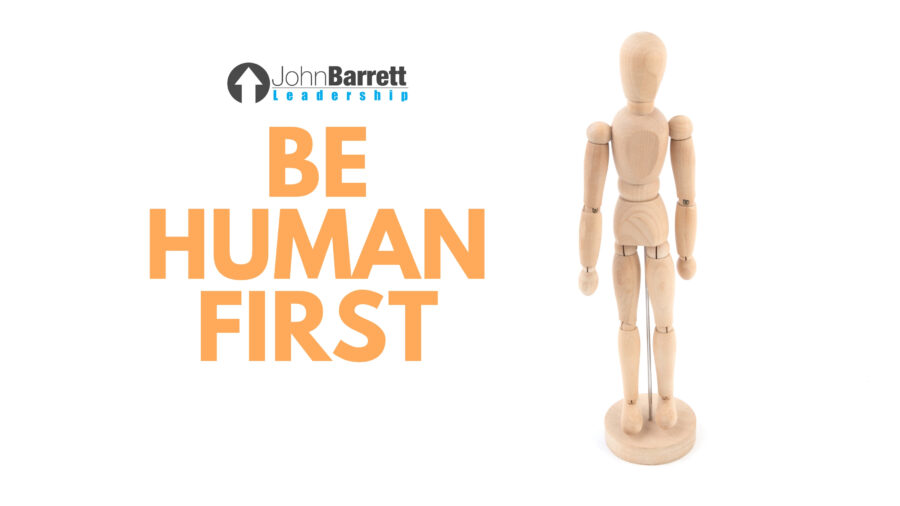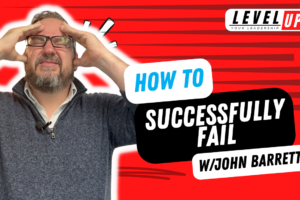Be Human First
The other day my oldest daughter and I were driving in the car together. Being a leadership coach, I was using the opportunity to pour out my infinite knowledge about life to her. She was listening intently to my words, but about halfway through she stopped me and said, “Daddy, I need less of a coach and more of a dad right now.” Ouch!
Right then I realized I was on autopilot doing what I typically do, but it wasn’t the right time for coaching. This experience got me thinking about how we, as leaders, tend to coach rather than just listen sometimes. Now I understand we may have good intentions about why we are coaching, but sometimes people just need to be heard without being coached.
We are humans before we are leaders. Let’s not mix up that order. Too many times we put on our leader hat, rather than our human hat by talking too much. The people around you are people, not machines. We can’t just think we can say a few words and change everything. People are not vending machines, you don’t put in your two cents and always get what you thought you were going to get. We are human beings not human doings.
So how do you balance coaching and listening to others?
1) Slow Down
Author Steven Covey taught us that we must seek to understand before we’re understood. If you are going to impact people for the long haul be patient with them. There is no fast track to people development, it takes time. Keep your eyes on the journey, not the event. Instead of having a knee jerk reaction to someone’s behavior or performance take a deep breath. Deal with yourself before you deal with the problem.
Deal with yourself before you deal with the problem.
2) Pick Your Battles
Not every battle is worth fighting, especially if the person is already wounded. Don’t beat a dead horse. Too many leaders pick on people in the name of coaching. You have to give and take a bit with the people around you. Make sure you are balancing correction and encouragement. If you lean too far one way over the other it becomes unproductive. There needs to be an oscillation of the two. Allow people room to grow and learn.
3) Speak To The Person
Never damage a who over a view. When we or more concerned about the process
Never damage a who over a view.









